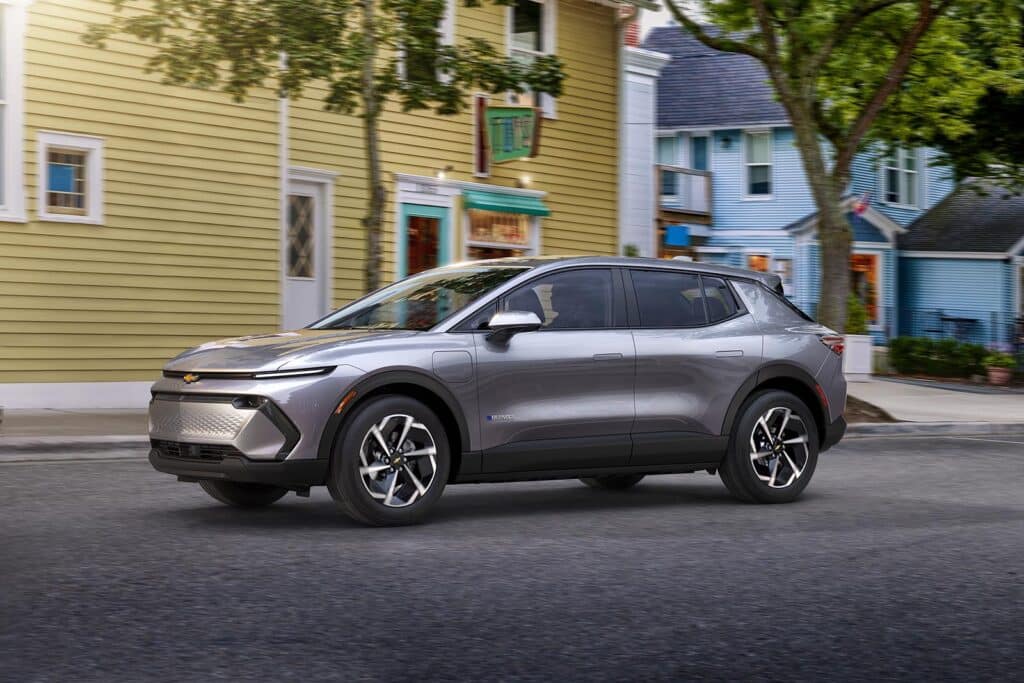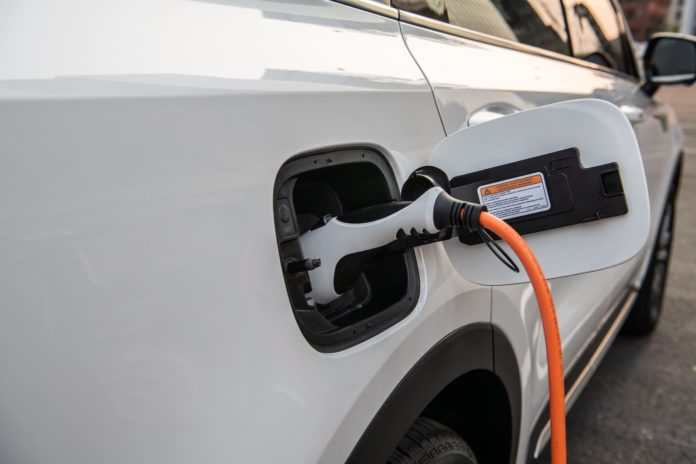While automotive executives and industry pundits paint a future where everyone drives an EV with subscription-laden services and it’s sold and serviced by the manufacturer, Deloitte’s 2023 Global Automotive Consumer Study paints a different picture.
Having surveying more than 26,000 consumers in 24 countries in October 2022, Deloitte’s findings certainly will cause consternation to some wishful thinking by OEMs. There are some key takeaways from the report regarding the future of the automotive industry.
Barriers remain to EV adoption
The first point is among that interest in EVs is growing among consumers, as inflationary cost pressures have them looking at ways to reduce their transportation costs. Affordability, range anxiety and battery safety concerns remain significant roadblocks to adoption.
In fact, when asked what type of powertrain they’re looking for in their next vehicle, 62% of U.S. consumers are looking to buy one with a traditional internal combustion engine (ICE). That’s down 7% from last year’s survey. Another 20% are looking to a hybrid electric vehicle (HEV), 8% are considering a plug-in hybrid electric vehicle (PHEV), another 8% are considering battery-electric vehicles (BEV), while 3% are considering a vehicle powered by ethanol, compressed natural gas or a hydrogen fuel cell. Year-over-year, purchase intent of HEVs, PHEVs and BEVs is up 3 percent.
In comparison, 45% of Chinese consumers are considering an ICE vehicle for their next vehicle, 14% are considering a hybrid, 12% a plug-in hybrid, 25% a battery electric vehicle and less than 1% a vehicle powered by ethanol, compressed natural gas or a hydrogen fuel cell.

“Although historically high transaction prices are a significant challenge for consumers, a strong desire to reduce refueling costs is driving EV purchase intent around the world,” said Karen Bowman, vice chair and U.S. automotive leader, Deloitte LLP.
And should environmentally sustainable, synthetic fuel for use in traditional combustion engines become available, 44% of U.S. buyers would reconsider their intention of buying an EV, while another 16% said maybe.
Consumers EV expectations
Of those considering an HEV, PHEV or EV, affordability remains the top concern for 52% of American consumers, with nearly 7 in 10 of those looking to purchase an EV expect to pay less than $50,000. Given that the median U.S. income is $70,784, according to the U.S. Census Bureau, that figure is understandable.
And product quality remains a top consideration in an EV purchase, just as it would be in any vehicle purchase.
But as sustained pandemic-related supply chain issues has lengthened delivery times, the acceptable length of time consumers are willing to wait for delivery is growing. With 48% of U.S. consumers prepared to wait 3-12 weeks for a new vehicle, this could lead to a new “build-to-order” sales model across the industry.

And despite concern about climate change, it’s lower fuel costs that cause consumers to choose EVs in the U.S., Germany, India, Japan, the Republic of Korea and Southeast Asia.
When comes time to recharge, 77% of Americans expect to charge their rides at home, as do 75% of German drivers, 72% of Japanese and 65% of Chinese. The Republic of Korea (44%) and India (41%), have the biggest demand for public charging.
When it comes to public charging, 50% of U.S. consumers, are willing to spend between 20 minutes to an hour charging a vehicle to 80% at a public charging station. But 64% of U.S. EV drivers want amenities like Wi-Fi connectivity, restrooms (60%), beverages (56%) and a full-service restaurant (31%). When it comes time to pay, 56% want to pay with a credit or debit card, 25% using a smartphone app, 9% using a pre-paid subscription plan and 9% using loyalty points.
Buying experience isn’t changing
However, consumers want the same buying experience. Among the top considerations is getting a good deal (57%), transparent pricing (45%) and physical interaction with the vehicle (42%). Interestingly, 36% of U.S. consumers are interested in purchasing insurance directly from an OEM — a potentially huge profit center for the industry.
And for manufacturers looking to cut automotive retailers out of the equation, they do so at their peril. Worldwide, consumers trust their selling or servicing dealer most. In the U.S., 31% of car buyers most trust the dealership where they normally service vehicles, followed by where they acquired their vehicle (28%), followed by the manufacturer (27%).
But for manufacturers looking to push subscription-based services, there’s bad news.
Most U.S. consumers would rather pay for connected vehicle services as part of the initial vehicle purchase price (46%) or on a per-use basis (33%), rather than via subscription (20%). And 30% do not trust anyone to manage their vehicle data. Nevertheless, 60% of those surveyed are ready to share personal information to obtain maintenance updates, while 58% would to get traffic updates.
“Connected vehicles can enhance the mobility experience, but unfortunately, many consumers are hesitant to trust their data with anyone in order to make this happen,” said Jody Stidham, U.S. automotive managing director, Deloitte Consulting LLP. “Those who leverage key building blocks of trust such as transparency and empowerment to foster loyalty may prove successful in unlocking a critical advantage in an increasingly competitive global market.”

